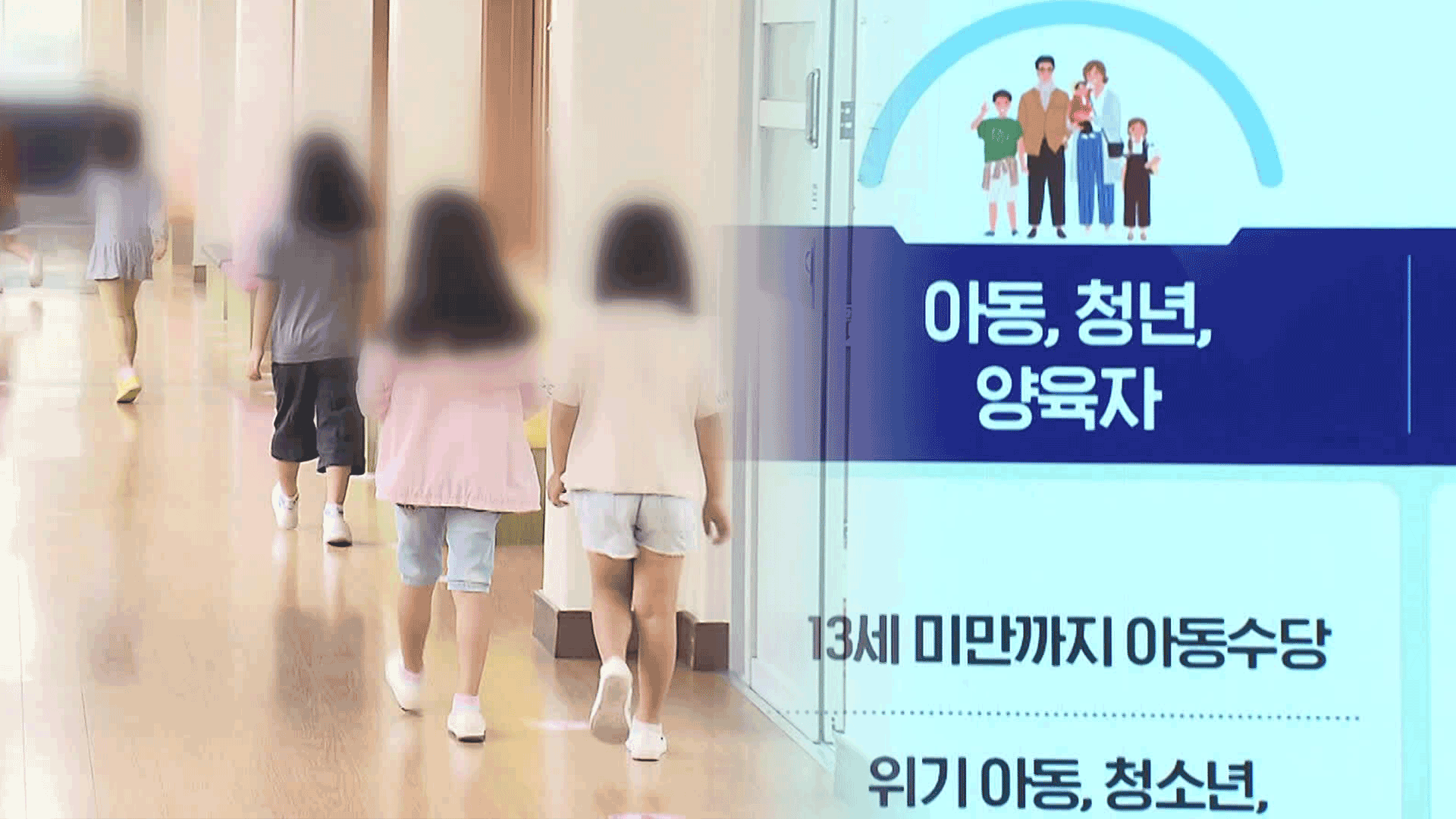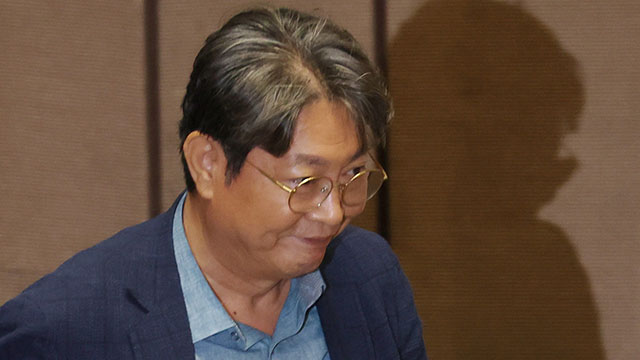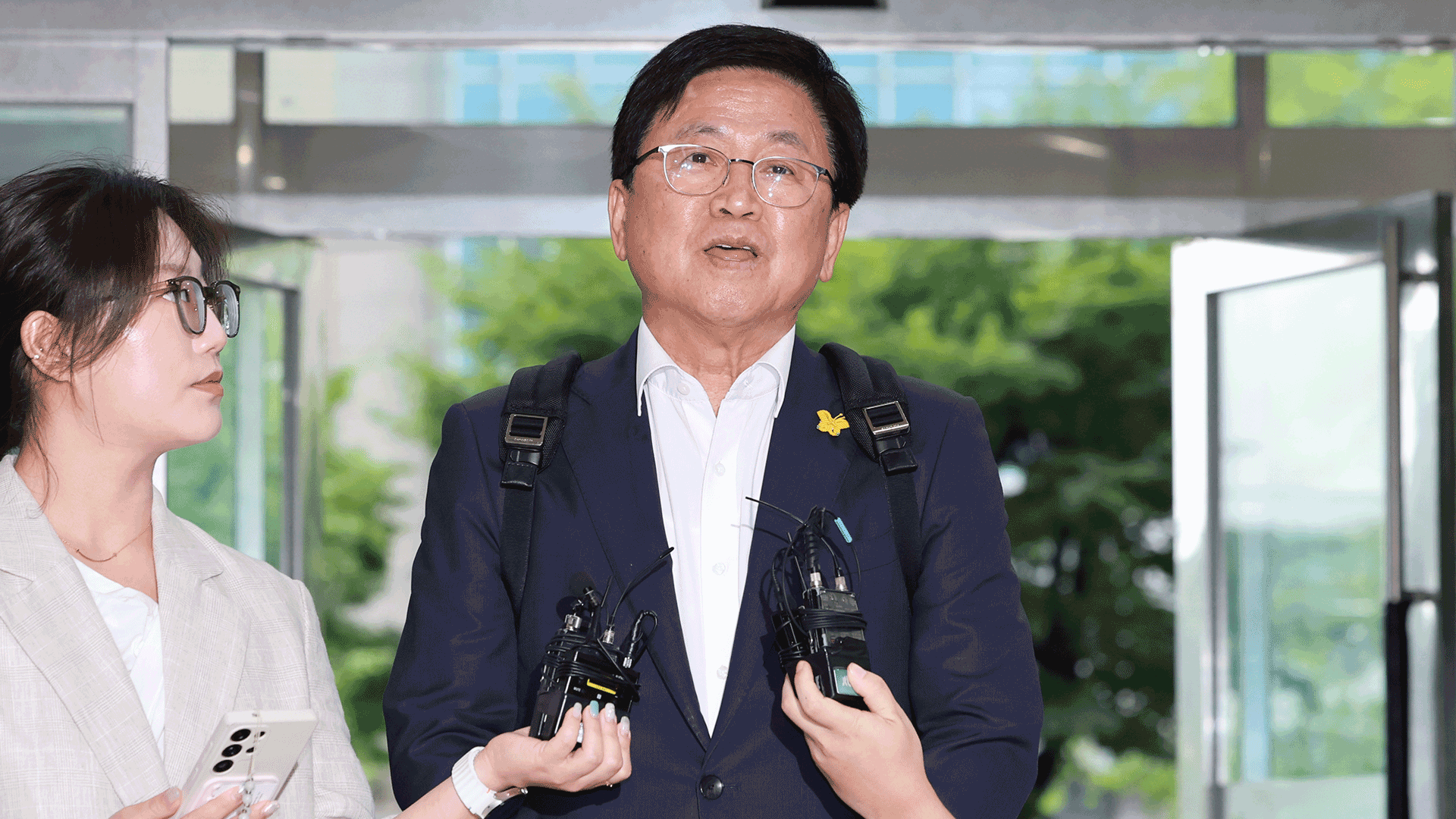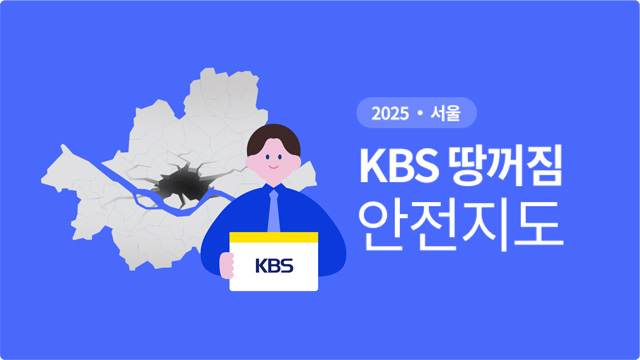[Anchor]
Today's (Aug. 13) national policy agenda includes plans to expand the child allowance.
Currently, the allowance is provided for children under 8 years old, but in five years, it will be extended to children under 13 years old.
To implement this, an additional 2 trillion won will be needed each year.
Reporter Kim Seong-soo has the details.
[Report]
A parent with a 6-year-old child primarily uses the monthly child allowance of 100,000 won for educational expenses.
As the child grows, expenses increase, but the child allowance will end in two years.
More than half of the parents receiving the child allowance identified "expanding the support period" as an area for improvement.
[Lee ○○/Parent/Voice Altered: "Once they enter elementary school, they start going to taekwondo academies, and as children grow, the expenses increase, but the amount received decreases. If the support period could be extended even a little, it would be a great help."]
The Presidential Committee on Policy Planning has decided to expand the eligibility for the child allowance.
The current eligibility for children under 8 years old will be gradually expanded to include those under 13 years old over the next five years.
By 2030, it is estimated that an additional 1.3 million children in the 6th grade of elementary school will benefit from this change.
While there has been consensus on the need for expansion, securing funding remains a challenge.
The annual budget for the child allowance is 2.5 trillion won, and raising the eligible age by one year would increase the budget by about 500 billion won.
If the age is raised to under 13 years old, it is calculated that more than 2 trillion won will be needed.
Due to this financial burden, it seems that the government has retreated from its election promise to expand the child allowance to those under 18 years old, like most European countries.
[Lee Sang-min/Researcher, Fiscal Reform Institute: "There is a method to consolidate low birth rate measures that are relatively less effective with the child allowance, and if the domestic economy is judged to be poor, then fiscal expansion should be pursued."]
The Ministry of Health and Welfare, the relevant department, explained that it will determine the payment age for next year based on the situation of the child allowance law amendment.
This is KBS News, Kim Seong-soo.
Today's (Aug. 13) national policy agenda includes plans to expand the child allowance.
Currently, the allowance is provided for children under 8 years old, but in five years, it will be extended to children under 13 years old.
To implement this, an additional 2 trillion won will be needed each year.
Reporter Kim Seong-soo has the details.
[Report]
A parent with a 6-year-old child primarily uses the monthly child allowance of 100,000 won for educational expenses.
As the child grows, expenses increase, but the child allowance will end in two years.
More than half of the parents receiving the child allowance identified "expanding the support period" as an area for improvement.
[Lee ○○/Parent/Voice Altered: "Once they enter elementary school, they start going to taekwondo academies, and as children grow, the expenses increase, but the amount received decreases. If the support period could be extended even a little, it would be a great help."]
The Presidential Committee on Policy Planning has decided to expand the eligibility for the child allowance.
The current eligibility for children under 8 years old will be gradually expanded to include those under 13 years old over the next five years.
By 2030, it is estimated that an additional 1.3 million children in the 6th grade of elementary school will benefit from this change.
While there has been consensus on the need for expansion, securing funding remains a challenge.
The annual budget for the child allowance is 2.5 trillion won, and raising the eligible age by one year would increase the budget by about 500 billion won.
If the age is raised to under 13 years old, it is calculated that more than 2 trillion won will be needed.
Due to this financial burden, it seems that the government has retreated from its election promise to expand the child allowance to those under 18 years old, like most European countries.
[Lee Sang-min/Researcher, Fiscal Reform Institute: "There is a method to consolidate low birth rate measures that are relatively less effective with the child allowance, and if the domestic economy is judged to be poor, then fiscal expansion should be pursued."]
The Ministry of Health and Welfare, the relevant department, explained that it will determine the payment age for next year based on the situation of the child allowance law amendment.
This is KBS News, Kim Seong-soo.
■ 제보하기
▷ 카카오톡 : 'KBS제보' 검색, 채널 추가
▷ 전화 : 02-781-1234, 4444
▷ 이메일 : kbs1234@kbs.co.kr
▷ 유튜브, 네이버, 카카오에서도 KBS뉴스를 구독해주세요!
- Gov’t to expand child allowance
-
- 입력 2025-08-14 03:57:24

[Anchor]
Today's (Aug. 13) national policy agenda includes plans to expand the child allowance.
Currently, the allowance is provided for children under 8 years old, but in five years, it will be extended to children under 13 years old.
To implement this, an additional 2 trillion won will be needed each year.
Reporter Kim Seong-soo has the details.
[Report]
A parent with a 6-year-old child primarily uses the monthly child allowance of 100,000 won for educational expenses.
As the child grows, expenses increase, but the child allowance will end in two years.
More than half of the parents receiving the child allowance identified "expanding the support period" as an area for improvement.
[Lee ○○/Parent/Voice Altered: "Once they enter elementary school, they start going to taekwondo academies, and as children grow, the expenses increase, but the amount received decreases. If the support period could be extended even a little, it would be a great help."]
The Presidential Committee on Policy Planning has decided to expand the eligibility for the child allowance.
The current eligibility for children under 8 years old will be gradually expanded to include those under 13 years old over the next five years.
By 2030, it is estimated that an additional 1.3 million children in the 6th grade of elementary school will benefit from this change.
While there has been consensus on the need for expansion, securing funding remains a challenge.
The annual budget for the child allowance is 2.5 trillion won, and raising the eligible age by one year would increase the budget by about 500 billion won.
If the age is raised to under 13 years old, it is calculated that more than 2 trillion won will be needed.
Due to this financial burden, it seems that the government has retreated from its election promise to expand the child allowance to those under 18 years old, like most European countries.
[Lee Sang-min/Researcher, Fiscal Reform Institute: "There is a method to consolidate low birth rate measures that are relatively less effective with the child allowance, and if the domestic economy is judged to be poor, then fiscal expansion should be pursued."]
The Ministry of Health and Welfare, the relevant department, explained that it will determine the payment age for next year based on the situation of the child allowance law amendment.
This is KBS News, Kim Seong-soo.
Today's (Aug. 13) national policy agenda includes plans to expand the child allowance.
Currently, the allowance is provided for children under 8 years old, but in five years, it will be extended to children under 13 years old.
To implement this, an additional 2 trillion won will be needed each year.
Reporter Kim Seong-soo has the details.
[Report]
A parent with a 6-year-old child primarily uses the monthly child allowance of 100,000 won for educational expenses.
As the child grows, expenses increase, but the child allowance will end in two years.
More than half of the parents receiving the child allowance identified "expanding the support period" as an area for improvement.
[Lee ○○/Parent/Voice Altered: "Once they enter elementary school, they start going to taekwondo academies, and as children grow, the expenses increase, but the amount received decreases. If the support period could be extended even a little, it would be a great help."]
The Presidential Committee on Policy Planning has decided to expand the eligibility for the child allowance.
The current eligibility for children under 8 years old will be gradually expanded to include those under 13 years old over the next five years.
By 2030, it is estimated that an additional 1.3 million children in the 6th grade of elementary school will benefit from this change.
While there has been consensus on the need for expansion, securing funding remains a challenge.
The annual budget for the child allowance is 2.5 trillion won, and raising the eligible age by one year would increase the budget by about 500 billion won.
If the age is raised to under 13 years old, it is calculated that more than 2 trillion won will be needed.
Due to this financial burden, it seems that the government has retreated from its election promise to expand the child allowance to those under 18 years old, like most European countries.
[Lee Sang-min/Researcher, Fiscal Reform Institute: "There is a method to consolidate low birth rate measures that are relatively less effective with the child allowance, and if the domestic economy is judged to be poor, then fiscal expansion should be pursued."]
The Ministry of Health and Welfare, the relevant department, explained that it will determine the payment age for next year based on the situation of the child allowance law amendment.
This is KBS News, Kim Seong-soo.
-
-

김성수 기자 ssoo@kbs.co.kr
김성수 기자의 기사 모음
-
이 기사가 좋으셨다면
-
좋아요
0
-
응원해요
0
-
후속 원해요
0















이 기사에 대한 의견을 남겨주세요.